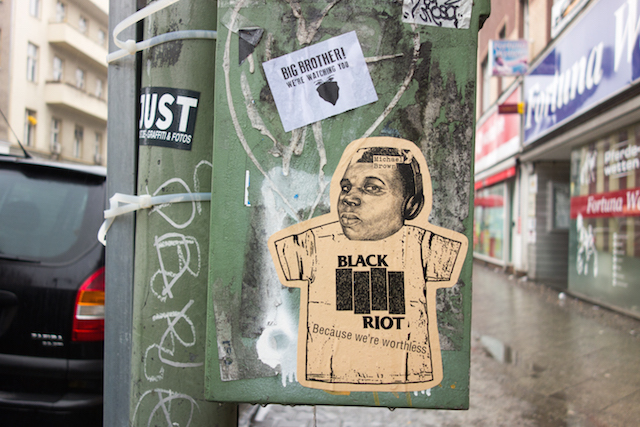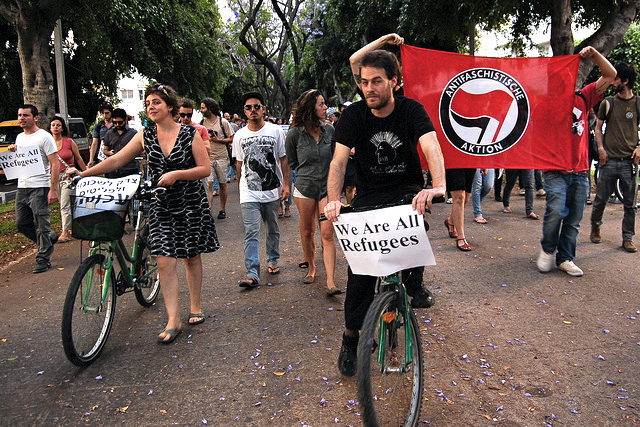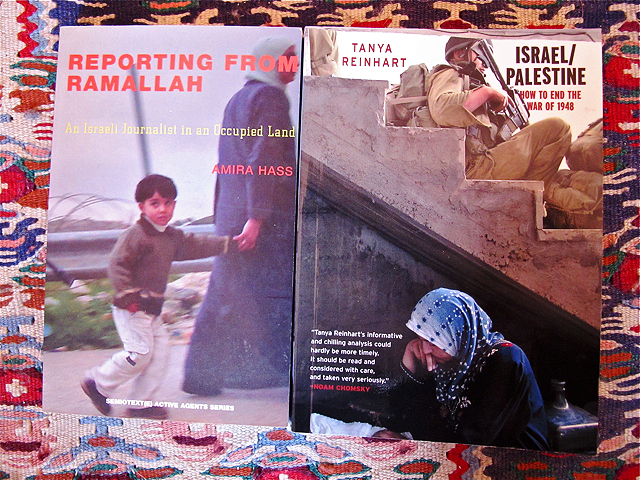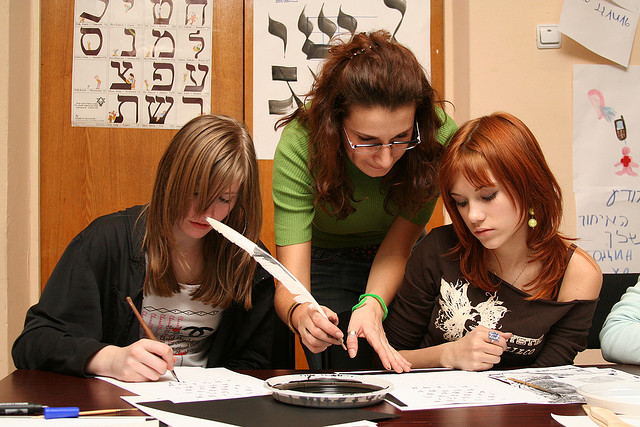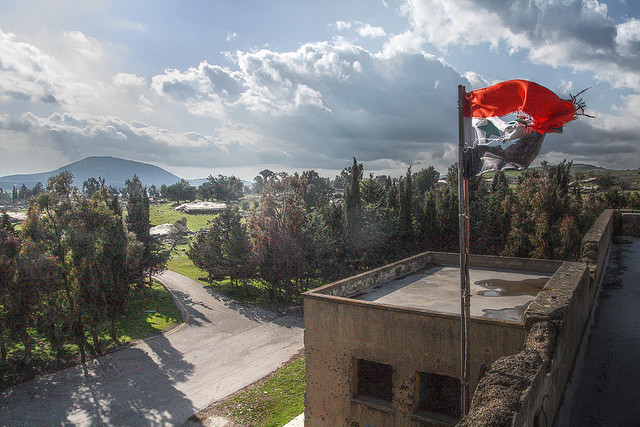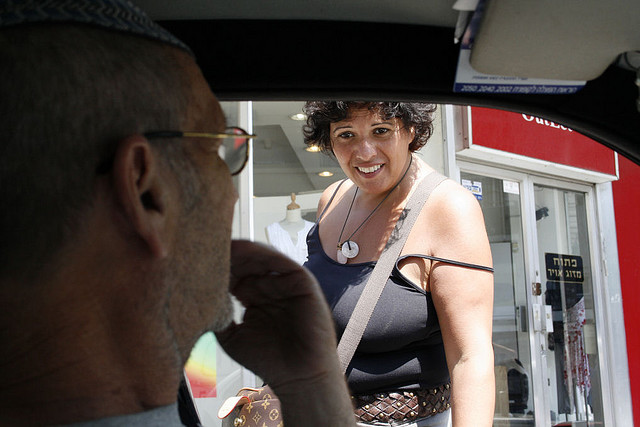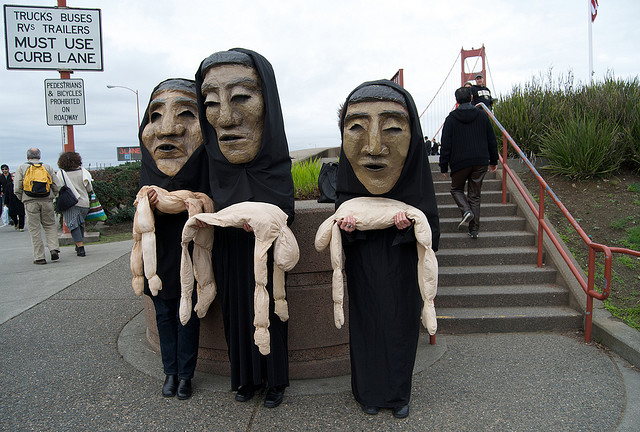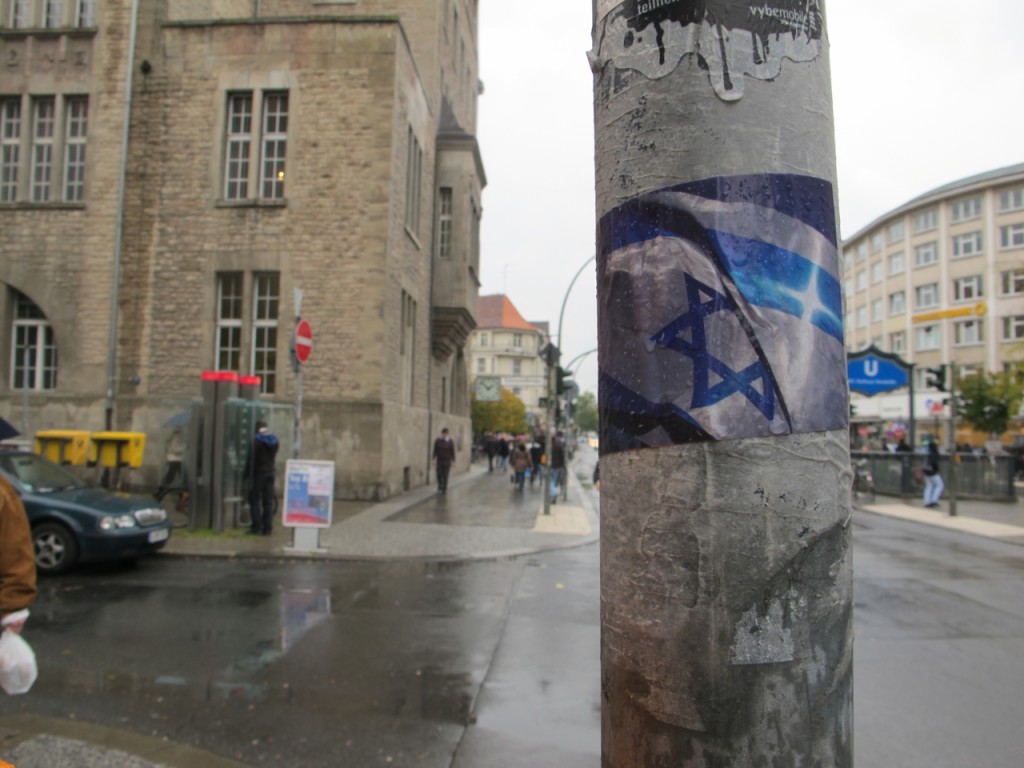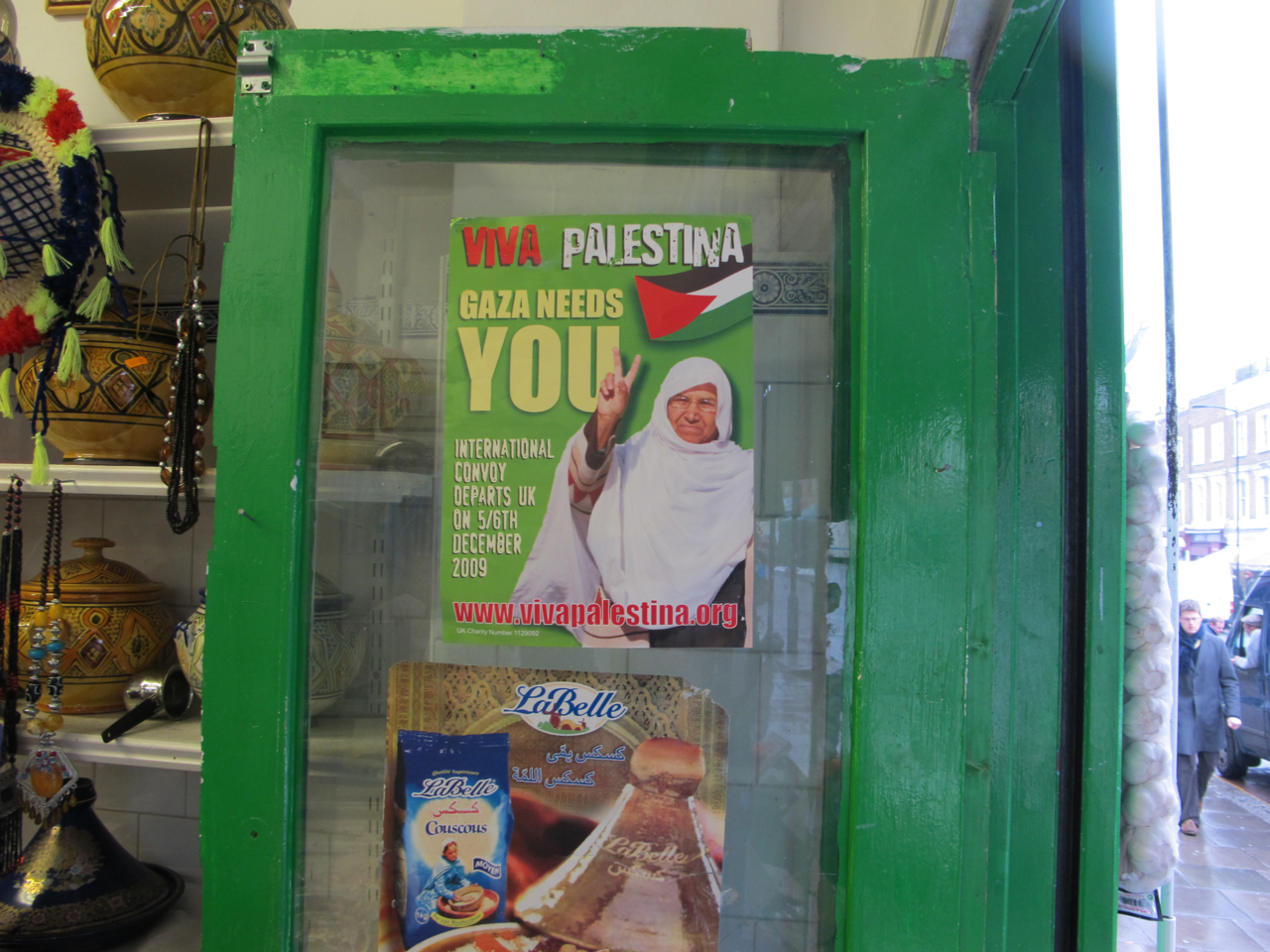America is not post-racial. Events in Charleston and Ferguson prove that. Events in Charleston and Ferguson scream “We need a new revolution.” And while that total overhaul—which must be social and cultural and educational and financial and political—must address race, it cannot be focused exclusively on race. (More…)
Author: Mya GuarnieriMya Guarnieri is a Tel Aviv-based journalist and writer. She is a regular contributor to Al-Jazeera English, 972 Magazine, and The Huffington Post. Her work has appeared in The Guardian and The National. Guarnieri’s fiction has been published in The Kenyon Review Online and Zeek, and has been featured as a story of the week in Narrative Magazine.
Mya Guarnieri is a Tel Aviv-based journalist and writer. She is a regular contributor to Al-Jazeera English, 972 Magazine, and The Huffington Post. Her work has appeared in The Guardian and The National. Guarnieri’s fiction has been published in The Kenyon Review Online and Zeek, and has been featured as a story of the week in Narrative Magazine.
I don’t pretend to have answers. Not a single one. All I can do is offer some snapshots from my own life, moments that have made me question my whiteness, moments that have led me to check the “other” box. (More…)
First Iggy Azalea. Then Rachel Dolezal. Why are all these white girls playing black? Is it just for the currency? To advance their careers? Or does it point to some uncomfortable truths, something messy, something that is not easily categorized as a “black” or “white” issue? (More…)
And then there was a ray of light. In the wake of the May 2012 race riot in Tel Aviv, the mainstream media was suddenly paying attention to African refugees in the Jewish state. My agent called to say that we might be able to ride the wave of violence to sell my book about migrants in Israel. (More…)
When my agent and I shopped my book about Israel’s migrant workers and African refugees around, we got a lot of those, “We love it but it’s not right for us” and “This is an important book that needs to be published. But there’s no audience for this.” But perhaps the most common response was, “Where are the Palestinians?” (More…)
Five years of on-the-ground research. Almost three years of writing and rewriting. And my book about migrant workers and African refugees in Israel just won’t sell. What gives? I’ve spent three years addressing everything, with the help of an excellent literary agent who has developed and sold some very big books. (More…)
Jewry is standing at a critical junction. While more than half of us remain in the Diaspora, intermarriage will probably tip the balance towards Israel over the next two decades. Ironically, Israel is pursuing colonial settlement policies that will most likely result in a single state, where Jews will be a minority, and the Palestinian population the majority. (More…)
Last December, middle-of-the-road American news periodical The Atlantic published 2011: The Year in Photos. The overview included a picture of Palestinian protesters climbing the fence that separates the “Israel-Syria border… near Majdal Shams.” The caption stated that Majdal Shams is located in “northern Israel.” (More…)
Julia wanted to be a lawyer. But her family was poor. There was no money for university. So, in 2000, a few years after she’d finished high school in her native Russia, she applied to a company that promised overseas work. “They told me that after a year, I would be able to come back. They said I would have enough money to study and to buy a small apartment,” Julia says, speaking through a translator. (More…)
Israeli Prime Minister Benjamin Netanyahu stood before a special joint session of the United States Congress. A foreign leader, he looked at home as he thumbed his nose at US President Barack Obama. Just days before, Obama had reaffirmed his administration’s commitment to two states—one for the Palestinians, the other for Israelis—based on pre-Six Day War borders. Netanyahu defied Obama as he told Congress (and international audiences watching the live broadcast) that Israel would not withdraw to the 1967 lines. (More…)
In May of 2011, the Palestinians made a brave attempt to start the Third Intifada. On the northern borders, the grandsons and granddaughters of those who had been dispossessed during the nakba attempted to exercise their United Nations-acknowledged right of return. These were the grandsons of those who had been driven from their homes, which were later declared “abandoned” by a law that the new “Jewish and democratic” state made up several years after it was created. (More…)
